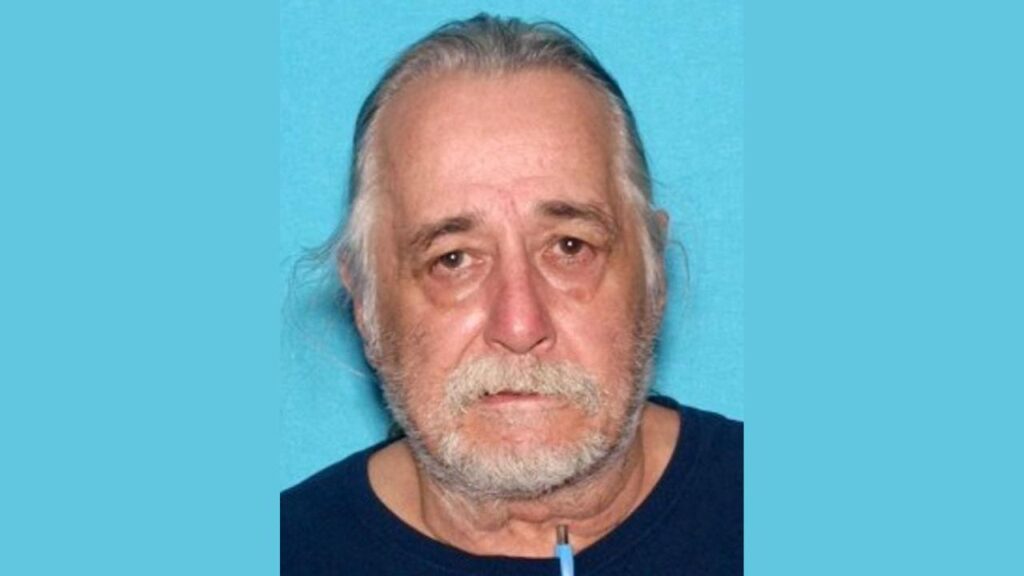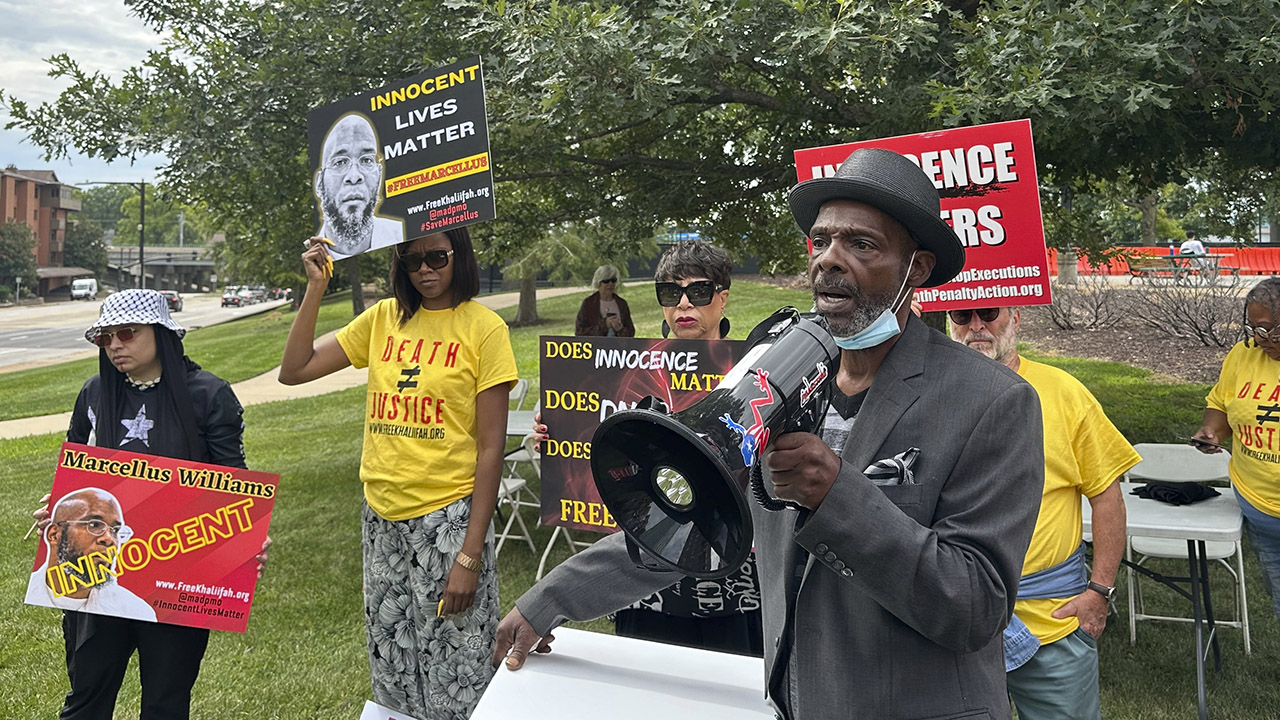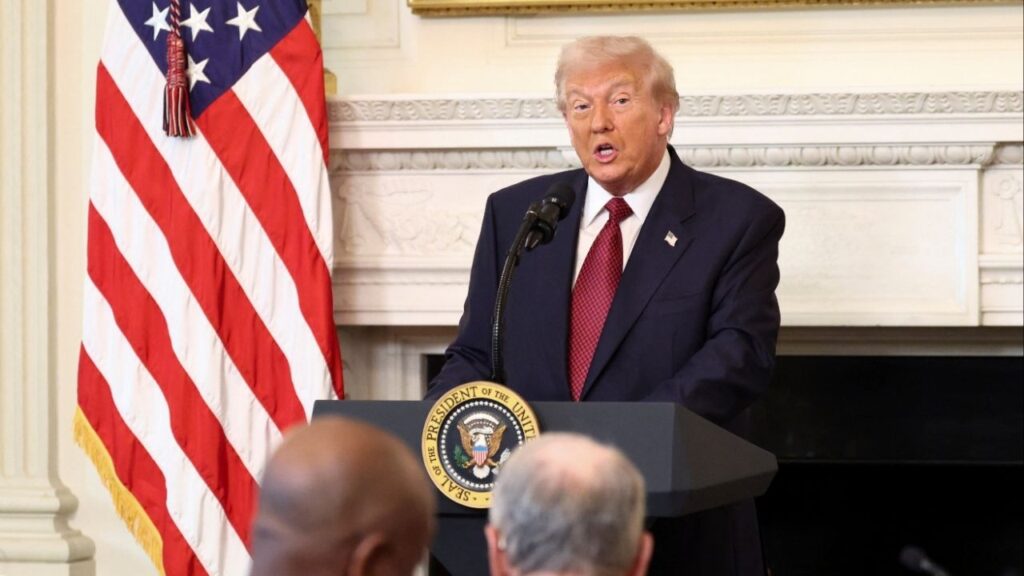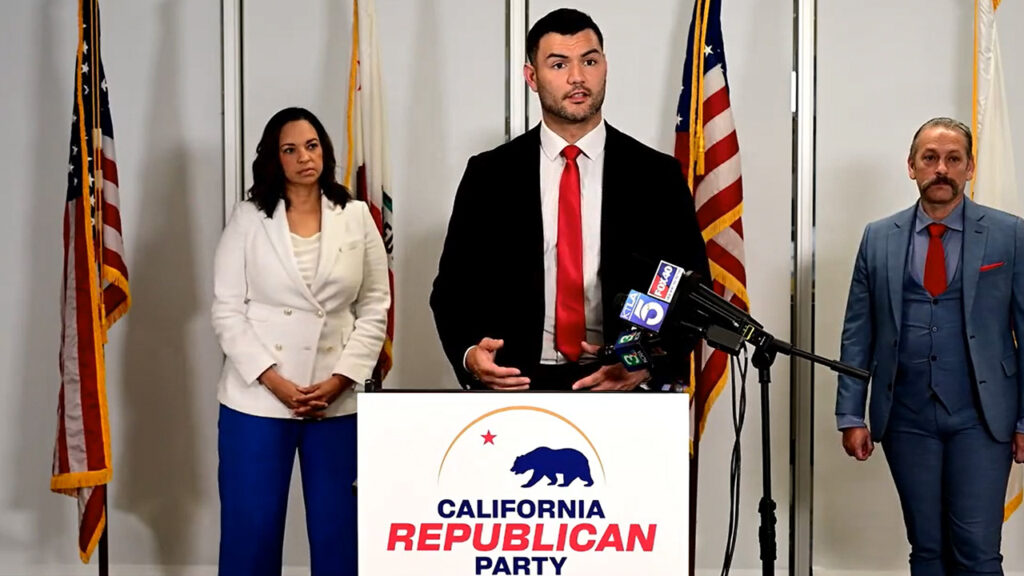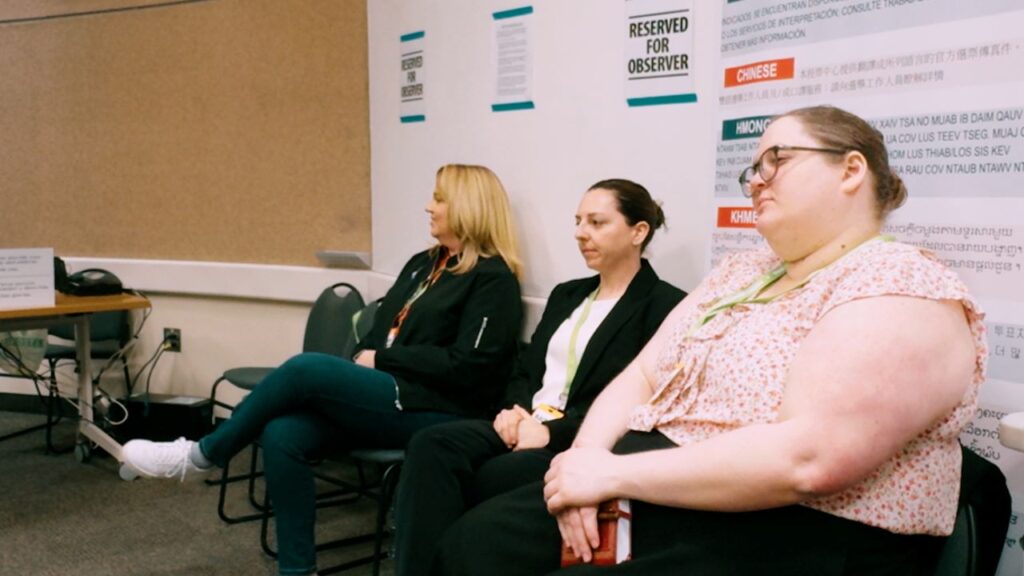Missouri inmate's lawyers file last-minute appeal to U.S. Supreme Court, citing racial bias in jury selection. (AP File)

- Marcellus Williams, 55, maintains innocence in 1998 murder case, with execution opposed by victim's family and prosecutor.
- Governor denies clemency and state Supreme Court rejects stay, as attorneys challenge racial bias in jury selection.
- Previous execution attempts halted due to DNA questions, but recent ruling upholds conviction despite compromise efforts.
Share
|
Getting your Trinity Audio player ready...
|
JEFFERSON CITY, Mo. — Lawyers for a Missouri man scheduled to be executed Tuesday evening have filed another appeal to the U.S. Supreme Court that alleges there were racial bias and constitutional errors at his trial.
Marcellus Williams, 55, has long maintained innocence in the 1998 death of Lisha Gayle, a social worker and former newspaper reporter who was repeatedly stabbed during a burglary of her suburban St. Louis home. The execution is opposed both by Gayle’s family and the prosecutor’s office that put Williams on death row — an unprecedented combination.
“The family defines closure as Marcellus being allowed to live,” the clemency petition stated. “Marcellus’ execution is not necessary.”
Williams is among inmates in five states who are scheduled to be executed in the span of a week — an unusually high number that defies a yearslong decline in the use and support of the death penalty in the U.S. The first was carried out Friday in South Carolina. The others are scheduled to take place in Texas on Tuesday, and in Oklahoma and Alabama on Thursday.
Williams’ hopes of having his sentence commuted to life in prison suffered dual setbacks Monday when, almost simultaneously, Republican Gov. Mike Parson denied clemency and the Missouri Supreme Court declined to grant a stay of execution.
Related Story: South Carolina Sets Date for First Execution in More Than 13 Years
Attorneys Challenge State Supreme Court Decision
Attorneys working on Williams’ behalf filed motions late Monday challenging the state Supreme Court’s decision.
“We have asked the U.S. Supreme Court to stay Marcellus Williams’ execution on Tuesday based on a revelation by the trial prosecutor that he removed at least one Black juror before trial based on his race,” Tricia Bushnell, an attorney for Mr. Williams, said in a news release.
The prosecutor in the 2001 murder case, Keith Larner, testified at an August hearing that he struck one potential Black juror partly because he looked too much like Williams — a statement which Williams’ attorneys asserted showed improper racial bias.
Bushnell said Larner removed six of seven Black prospective jurors. The jury ultimately had 11 white members and one Black member. Larner contended that the jury selection process was fair.
The Missouri attorney general’s office filed a response Tuesday saying the only effect of a stay of execution would be another delay in a case “that has already been delayed many years through Williams’ litigation of meritless claims.”
The state Supreme Court, in a unanimous decision Monday afternoon, affirmed a lower court ruling rejecting Williams’ arguments.
Related Story: Alabama Man Shook Violently on Gurney During First-Ever Nitrogen Gas Execution
Governor Denies Clemency, Prosecutor Seeks Stay
Parson accused Williams’ attorneys of trying to “muddy the waters about DNA evidence” with claims that courts have repeatedly rejected.
“Nothing from the real facts of this case have led me to believe in Mr. Williams’ innocence,” Parson said in a statement.
Parson, a former sheriff, has never granted clemency in a death penalty case. Williams’ execution would be the third in Missouri this year and the 100th since the state resumed executions in 1989.
St. Louis County Prosecuting Attorney Wesley Bell has sought to set aside Williams’ sentence, citing questions about his guilt. His office joined lawyers from the Midwest Innocence Project in asking the U.S. Supreme Court to grant a stay.
“Even for those who disagree on the death penalty, when there is a shadow of a doubt of any defendant’s guilt, the irreversible punishment of execution should not be an option,” Bell said in a statement.
Previous Execution Attempts and DNA Evidence
This marks the third time Williams has faced execution. He was less than a week away from lethal injection in January 2015 when the state Supreme Court called it off, allowing time for his attorneys to pursue additional DNA testing.
He was hours away from being executed in August 2017 when then-Gov. Eric Greitens, a Republican, granted a stay and appointed a panel of retired judges to examine the case. But that panel never reached a conclusion.
Questions about DNA evidence also led Bell to request a hearing challenging Williams’ guilt. But days before the Aug. 21 hearing, new testing showed that DNA on the knife belonged to members of the prosecutor’s office who handled it without gloves after the original crime lab tests.
Without DNA evidence pointing to any alternative suspect, Midwest Innocence Project attorneys reached a compromise with the prosecutor’s office: Williams would enter a new, no-contest plea to first-degree murder in exchange for a new sentence of life in prison without parole.
Judge Bruce Hilton signed off on the agreement, as did Gayle’s family. But at the urging of Missouri’s Republican attorney general, Andrew Bailey, the state Supreme Court blocked the agreement and ordered Hilton to proceed with an evidentiary hearing, which took place Aug. 28.
Hilton ruled on Sept. 12 that the first-degree murder conviction and death sentence would stand, noting that Williams’ arguments all had been previously rejected. That decision was upheld Monday by the state Supreme Court.
Related Story: Mike Pence Wants Swift Execution of Mass Shooters to Combat Gun Violence
Prosecutors at Williams’ original trial said he broke into Gayle’s home on Aug. 11, 1998, heard water running in the shower, and found a large butcher knife. Gayle, a former reporter for the St. Louis Post-Dispatch, was stabbed 43 times when she came downstairs. Her purse and her husband’s laptop computer were stolen.
Authorities said Williams stole a jacket to conceal blood on his shirt. Williams’ girlfriend asked him why he would wear a jacket on a hot day. The girlfriend said she later saw the purse and laptop in his car and that Williams sold the computer a day or two later.
Prosecutors also cited testimony from Henry Cole, who shared a cell with Williams in 1999 while Williams was jailed on unrelated charges. Cole told prosecutors Williams confessed to the killing and offered details about it.
Attorneys for Williams said that fingerprints, a bloody shoeprint, hair and other evidence at the crime scene didn’t match Williams.
RELATED TOPICS:
Categories

Crypto Firm Ripple Raises $500 Million in Latest Investment Round

Trump Is a Godsend to the Democratic Party in 2025 Elections

Spirit Airlines to Cut About 150 Jobs in Turnaround Effort
